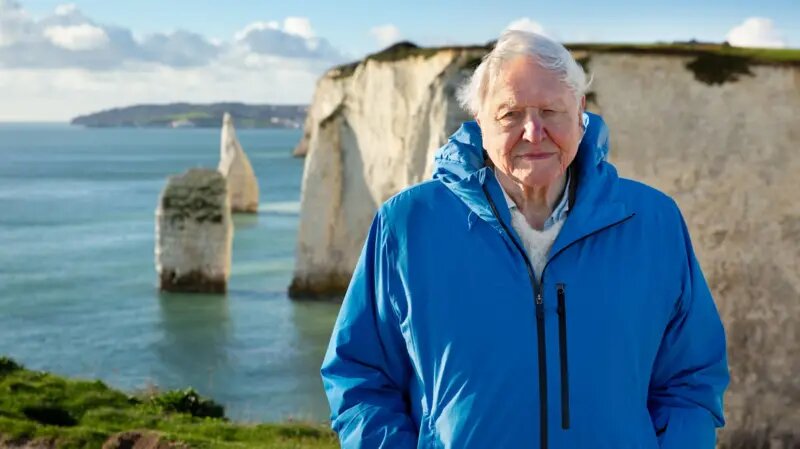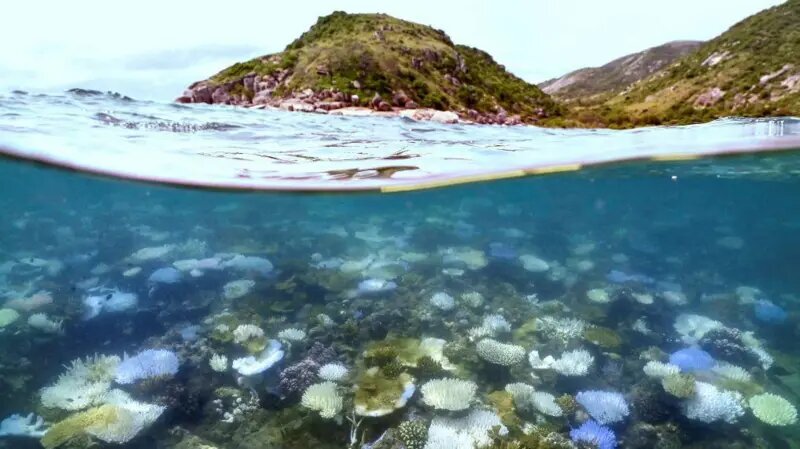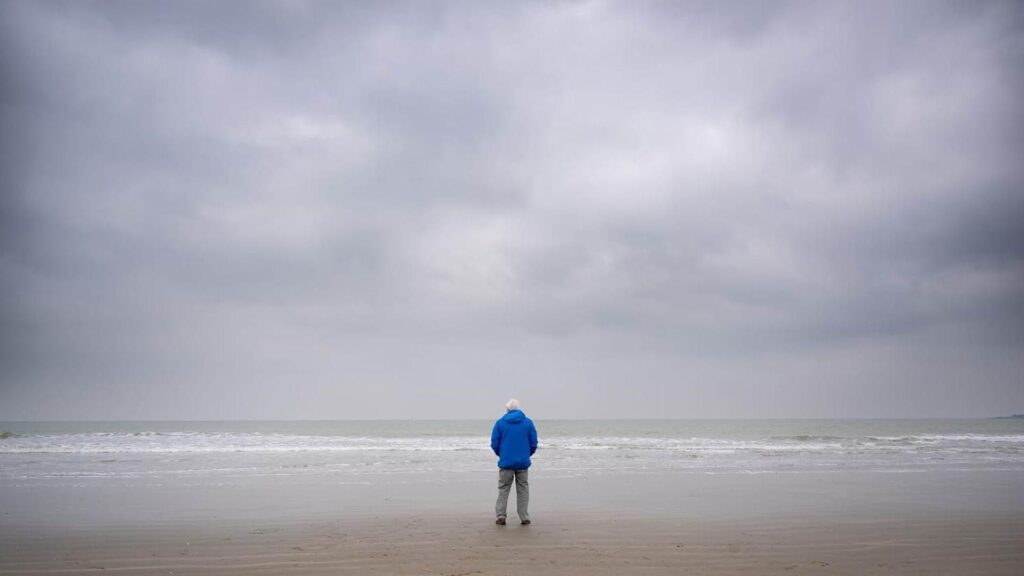On the verge of turning 99 years old, the naturalist y science communicator British David Attenborough launched Oceanone of the most powerful and vital films of his career. This new production is not only a testament to the beauty of the sea, but also an urgent and optimistic call to action in the face of the climate crisis.
"After almost 100 years on the planet, I now understand that the most important place on the planet is not on land, but in the sea," said Attenborough.
And in doing so, it sets the tone for a film that delivers a crucial message: there is still time to reverse the damage if we protect the oceans.
Ocean portrays the alarming degradation of the seas, from the overfishing to the devastating practice of bottom trawlwhich not only destroys ecosystems, but also releases large amounts of carbon dioxide, aggravating the climate change. climate change. However, the most powerful thing about the documentary is not the warning, but the hope.
"The ocean can come back to life. If left alone it can not only recover, but thrive beyond anything anyone alive has ever seen," he said.

An example of this is the surprising recovery of the populations of whalesThe species was almost extinct in the 20th century due to commercial hunting. Since their prohibition in 1986, some species have begun to thrive again.
Attenborough recalled his first dive on the Great Barrier Reef in 1957. He said he was so stunned by the spectacle that he momentarily forgot to breathe. Since then, life in the world's oceans has experienced a catastrophic decline.
Ocean contains some of the most shocking images ever seen of the damage that bottom trawling, a common practice around the world, can cause to the seabed. According to the naturalist, it is a clear example of how the industrial fishing can devastate life in the world's oceans.

Attenborough stressed that if one-third of the oceans were protected, as countries have pledged, not only could the oceans revive the marine ecosystemsbut also to capture more carbon dioxide and mitigate the effects of climate change.
"We have before us the opportunity to protect our climate, our food, our home," he said.
Ocean documents how the state of the world's oceans and our understanding of their functioning has changed over the naturalist's lifetime.
Source: BBC


